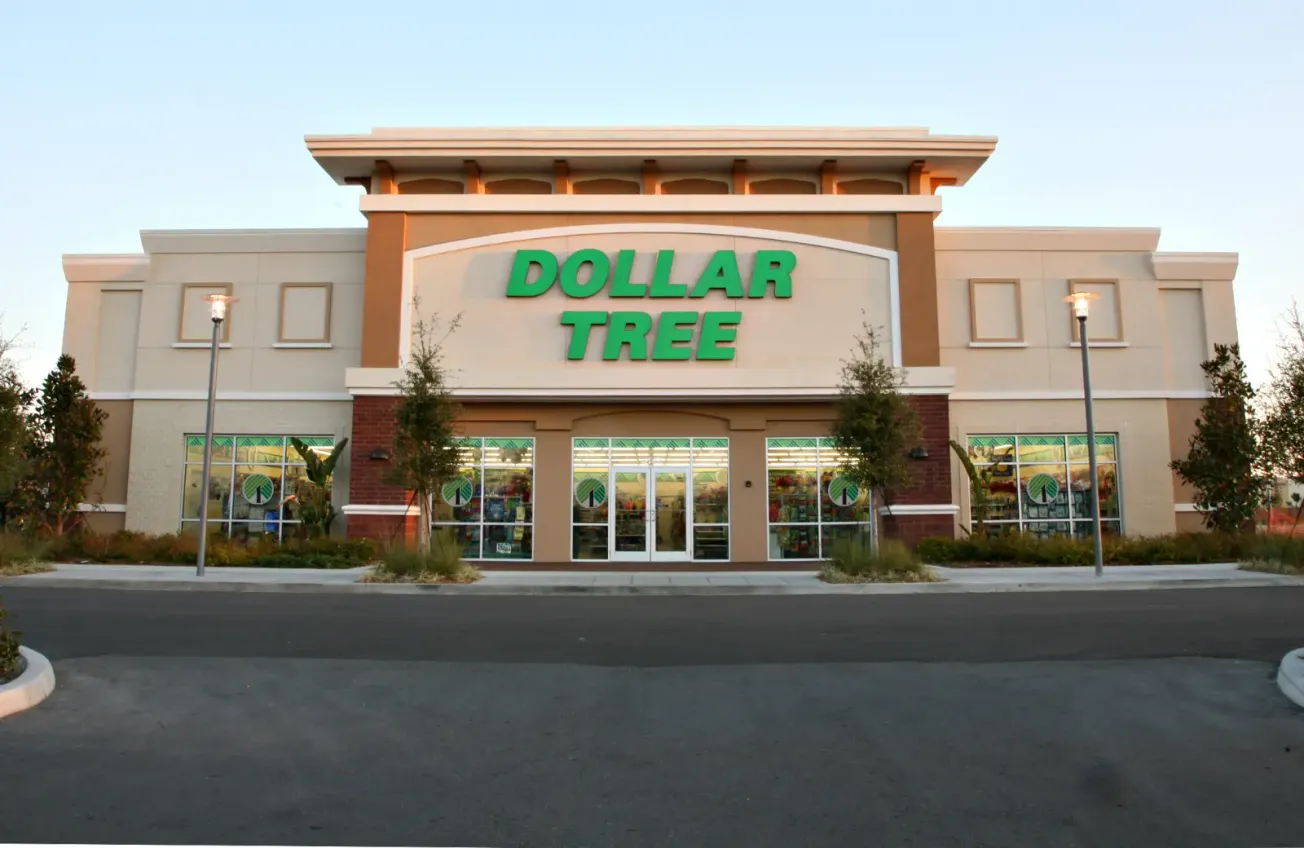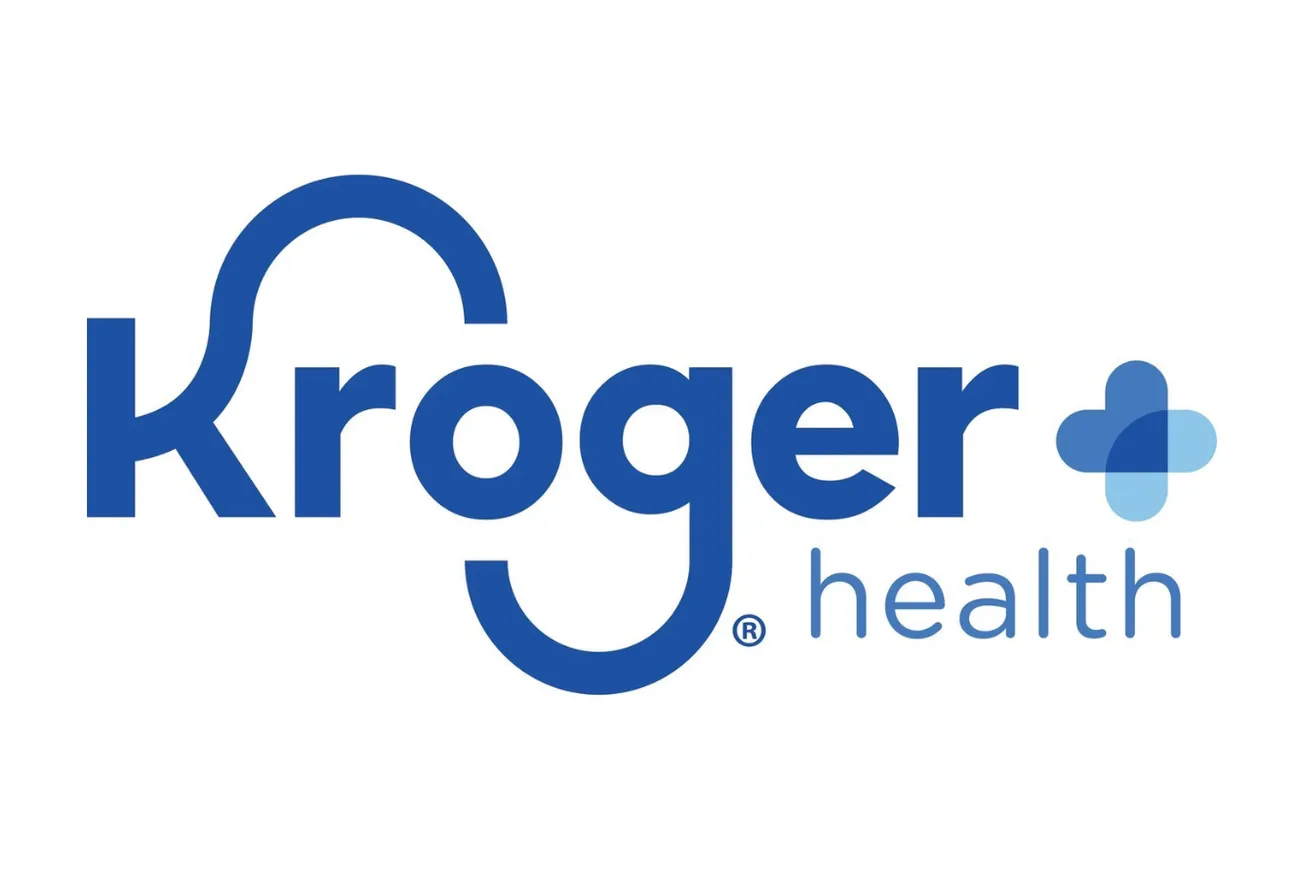CHICAGO — Leading candy brands Wrigley and Mars Chocolate have provided some merchandising insights that give retailers guidance on in-store placement that better reflects the habits of today’s on-the-go shoppers.
Leading candy brands Wrigley and Mars Chocolate have provided some merchandising insights that give retailers guidance on in-store placement that better reflects the habits of today’s on-the-go shoppers.
The Mars Inc. brands said that they are taking a fresh look at all the places shoppers check out, whether it be the front end, pharmacy or online.
To that end, the brands have identified "transaction zones," which include the front end — the largest impulse area of the store — as well as the pharmacy, cafe, smartphones and "buy online, pick up in store" models.
Wrigley and Mars Chocolate noted that retailers and manufacturers must boost conversion of impulse items across all these zones, regardless of channel. With that in mind, the brands have updated their merchandising recommendations to include new variables like macro trends — such as the rise in snacking as well as size and growth of category and new research on shopper needs.
"It’s no secret that people don’t shop like they used to, and the traditional mix of impulse items in transaction zones needs to better meet consumer needs," explained Kurt Laufer, vice president of U.S. sales at Wrigley. "By tapping into our deep understanding of the shopper and taking a hard look at what items are performing and why, we believe our strategies can help our retail partners capture valuable impulse sales."
And based on extensive global research, Wrigley and Mars Chocolate have identified three key shopper need states: refresh (the need to recharge), reward (the desire for a treat) and remind (items missing from the shopping list).
"Refresh" items (gum, mints, beverages and snacks) should occupy 51% of total space, while "reward" items (chocolate and other candy) should take up 39% of space, the brands said. The remaining 10% of space should go to "remind" items, such as batteries and lip balm.
"We’ve found that satisfying these three distinct shopper mind-sets is key to promoting conversion for categories like chocolate, gum, mints and candy," added Tim LeBel, vice president of sales for Mars Chocolate North America. "Mars Chocolate and Wrigley are working with retailers across channels to ensure current and future checkout choices satisfy their shoppers’ needs during checkout and drive impulse purchases."





